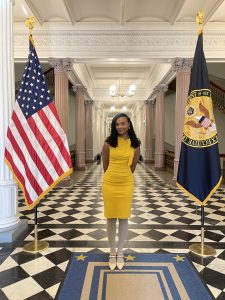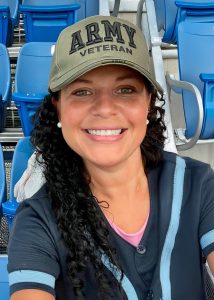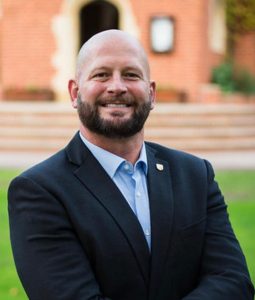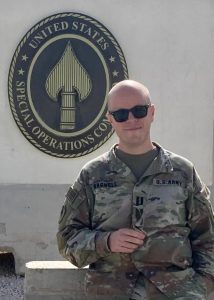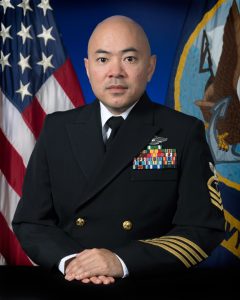By Amy Sloan
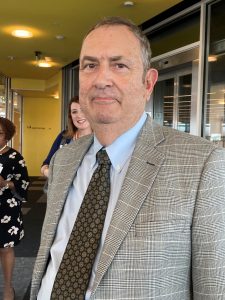
Forty-seven years. That’s how long Professor John (Jack) Lynch taught at UBalt Law. He joined the law faculty in 1978, before some of our current faculty members were born! Professor Lynch retired at the end of the spring 2025 semester and was awarded the status of Professor Emeritus.
How could anyone distill such a long and distinguished career in a few short paragraphs? It’s impossible to capture all the ways Professor Lynch influenced UBalt Law, but the highlights demonstrate his lasting impact.
Over the course of his career, Professor Lynch produced an exceptional body of scholarship. His many law review articles have appeared in journals such as Baylor Law Review, Nebraska Law Review, South Carolina Law Review, and Santa Clara Law Review, as well as a number of specialty tax journals. He is also co-author of two books, The Art of Advocacy: Jury Instructions (1989) and Modern Maryland Civil Procedure (2004).
Professor Lynch’s scholarship in the areas of tax law, civil procedure and legal writing is especially noteworthy. In partnership taxation, his work was ahead of its time, according to Professor Walter Schwidetzky. Just a couple of months ago, U.S. Sen. Ron Wyden cited one of Professor Lynch’s articles in support of a proposal to amend partnership tax rules. Professor Lynch’s Modern Maryland Civil Procedure is a definitive work on Maryland procedural law. In the area of legal writing, he published articles to spread the good word about UBalt Law’s writing curriculum. He did much to raise the law school’s profile in the national writing community.
Professor Lynch also provided exemplary service to the law school. It would be impossible to list the many committees on which he served over the years. From 2010 to 2013, he served as associate dean for academic affairs. After his term concluded, he stood in the wings, ready at any time to offer counsel to his successors or take on an extra task as a favor. In 2022, he received the UBalt Law Faculty Service Award for outstanding service.
Teaching was another of Professor Lynch’s strengths. He taught Civil Procedure, Conflict of Laws, Federal Income Tax, Federal Courts, Introduction to Lawyering Skills, Maryland Civil Procedure, Partnership Taxation, and Property. He taught in the evening division almost every semester because he felt a special kinship with the evening students.
From 1993 until 2007, he ran the University of Baltimore School of Law Summer Institute. This was a summer program for conditionally admitted students. Through four weeks of concentrated instruction, conditionally admitted students got the additional support they needed to succeed in law school. He created materials, scheduled activities, recruited faculty, and taught in the program. This is just another example of how he placed student needs front and center.
In recognition of his student-centered teaching, Professor Lynch received a number of teaching awards: Outstanding University of Baltimore Faculty Member, 1981; BLSA Recognition for Support in the Success of Black Law Students, 1994; Women’s Bar Association Professor of the Year, 1996; BLSA James May Award, 1999; Outstanding Teaching by a Full-Time Faculty Member, 2002; Outlaw Outstanding Contribution Award, 2012.
Any account of Professor Lynch’s teaching would be incomplete without an acknowledgment of his contributions to our writing curriculum. He began his academic career teaching writing courses at The George Washington University Law School. After joining the faculty at UBalt Law, he retained his love for teaching analysis through writing. When the law school transitioned from having 1L writing taught by adjunct faculty to full-time faculty, Professor Lynch was first in line to teach the course. The law school would not have been able to develop its outstanding writing curriculum without his leadership.
Professor Lynch has a dry sense of humor and a wry smile. He has been my friend since the day I started at UBalt Law and my neighbor on the 11th floor of the Angelos Law Center for the past several years. I will miss him terribly and wish him all the best in this next step. The law school will not be the same without him. Good luck, Jack!
Amy Sloan is a professor at the University of Baltimore School of Law.

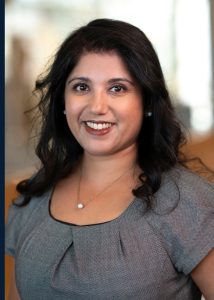 During her legal career, Professor
During her legal career, Professor 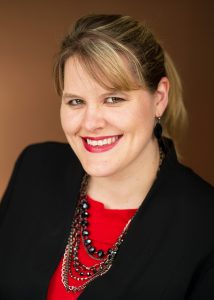
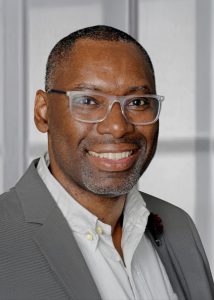
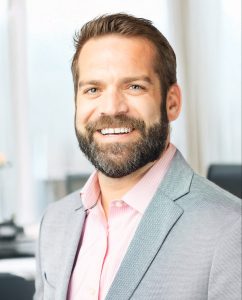
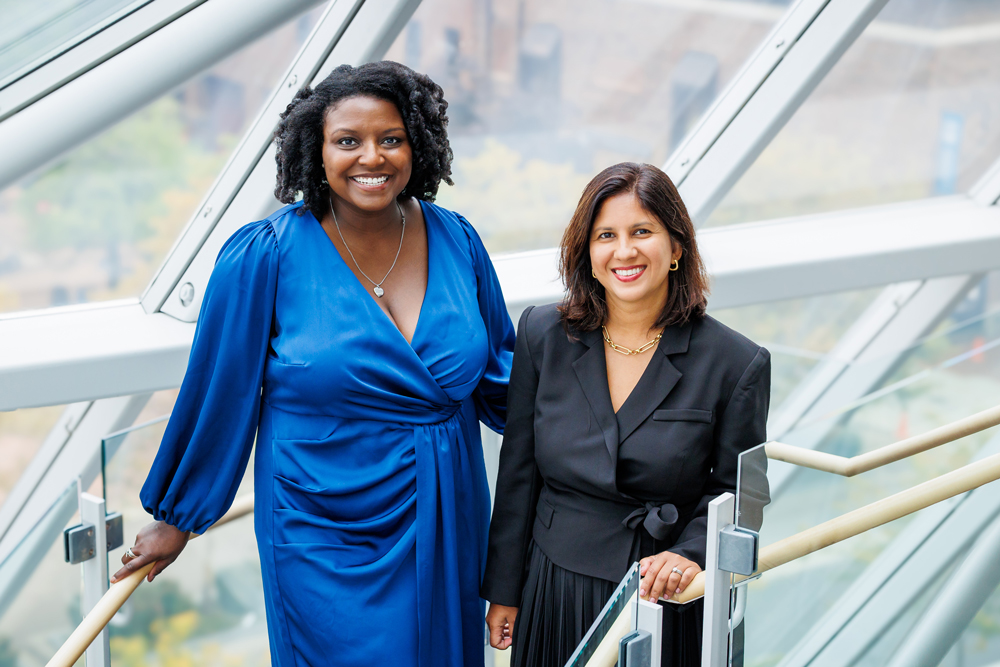
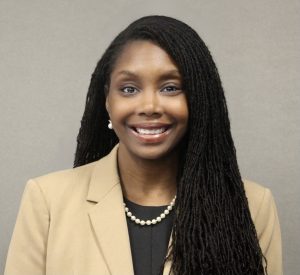 Erek Barron, the former U.S. Attorney for the District of Maryland, greatly increased African American representation in the office.
Erek Barron, the former U.S. Attorney for the District of Maryland, greatly increased African American representation in the office. 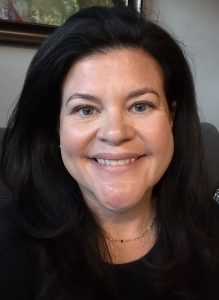 As a law student,
As a law student, 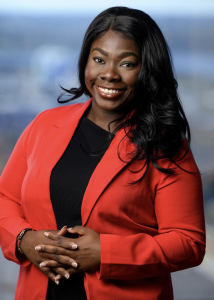 As an assistant public defender in Baltimore County,
As an assistant public defender in Baltimore County, 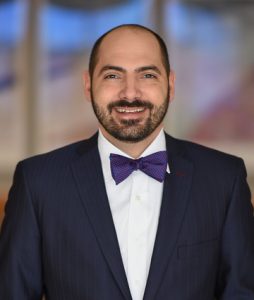 Nick Szokoly, J.D. ’03
Nick Szokoly, J.D. ’03